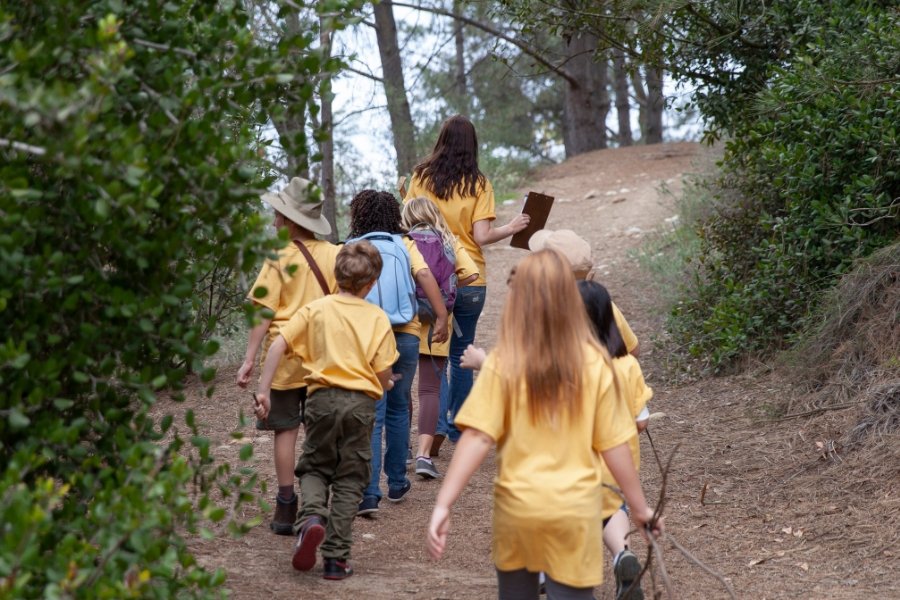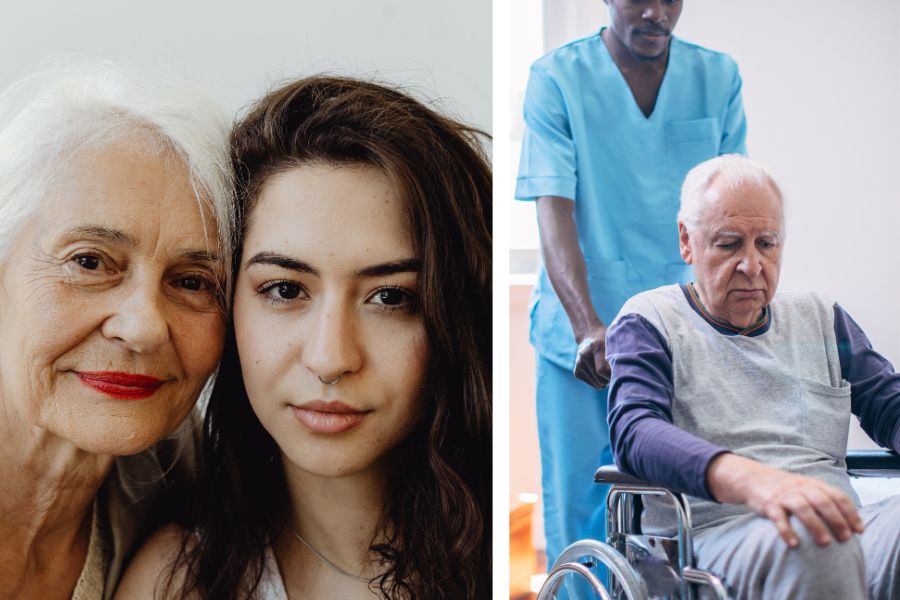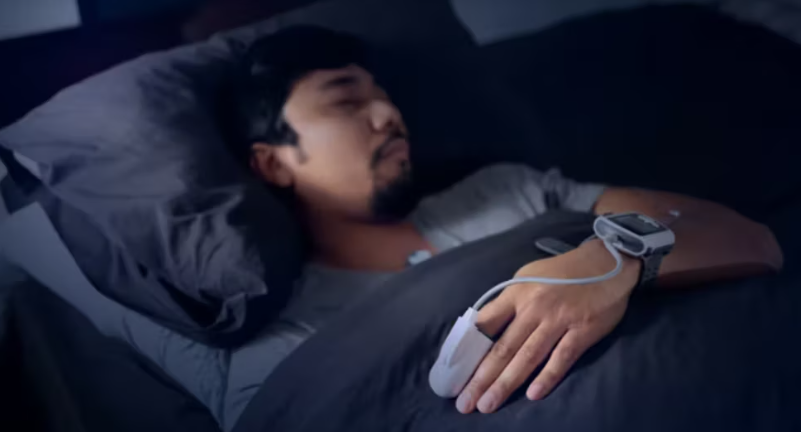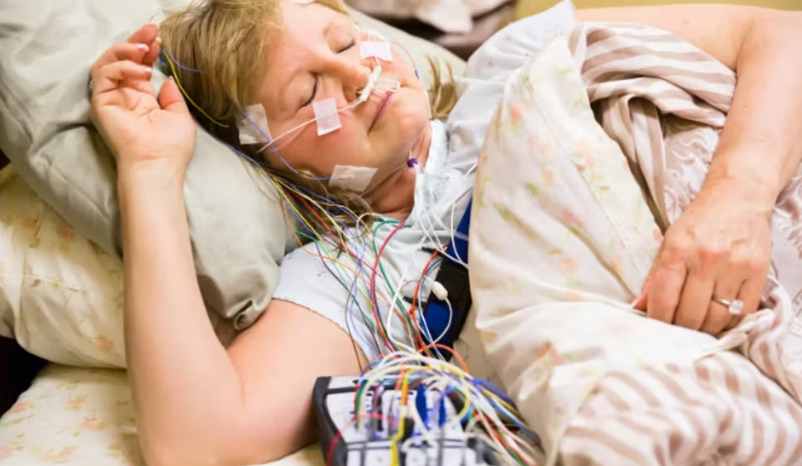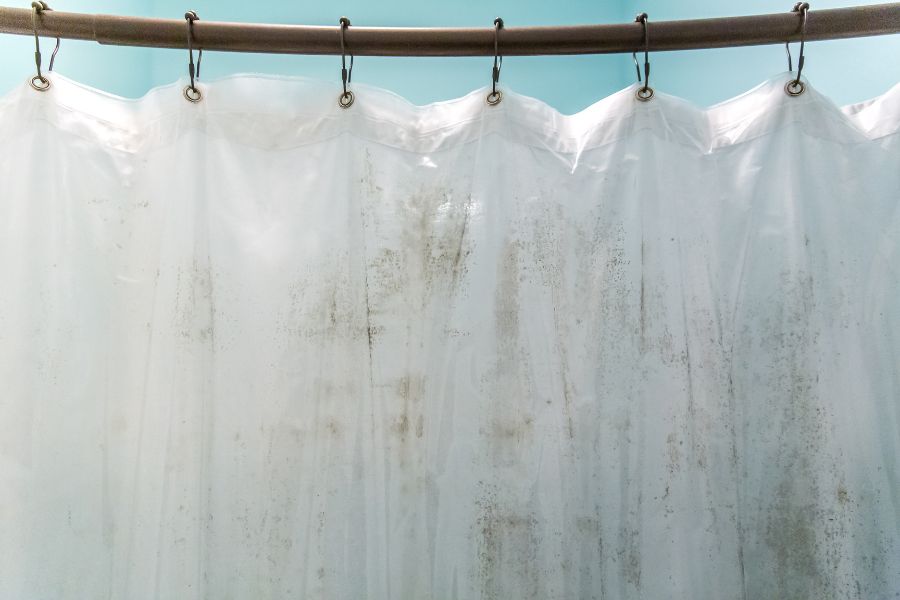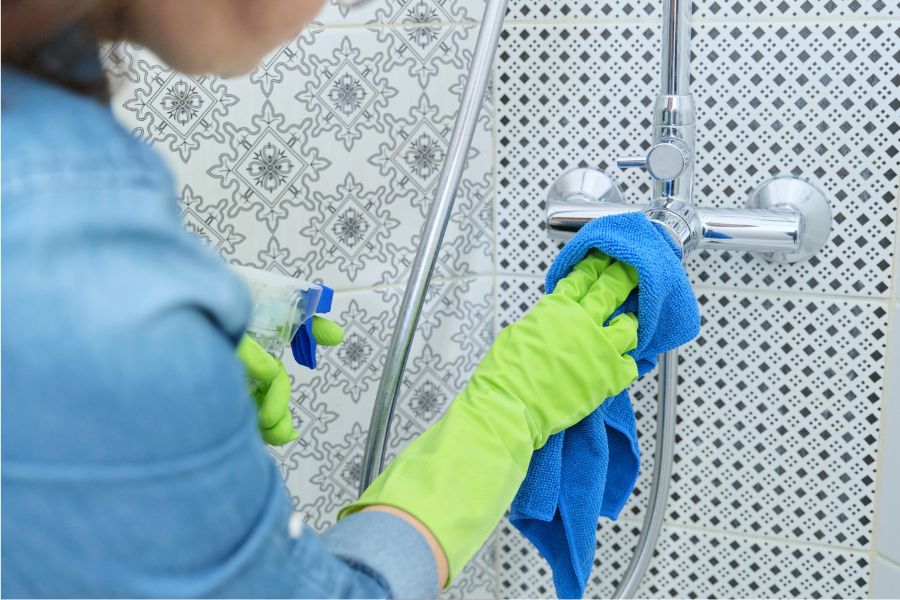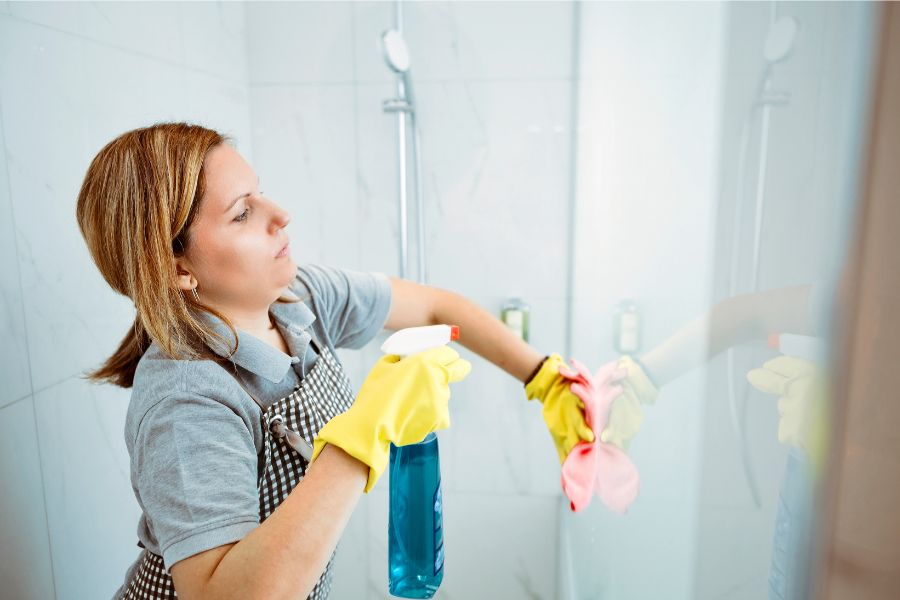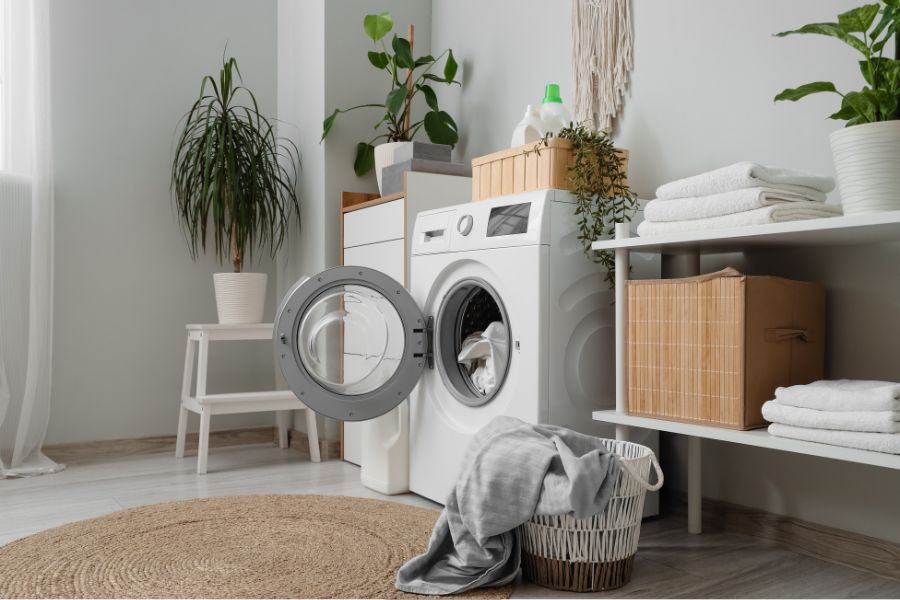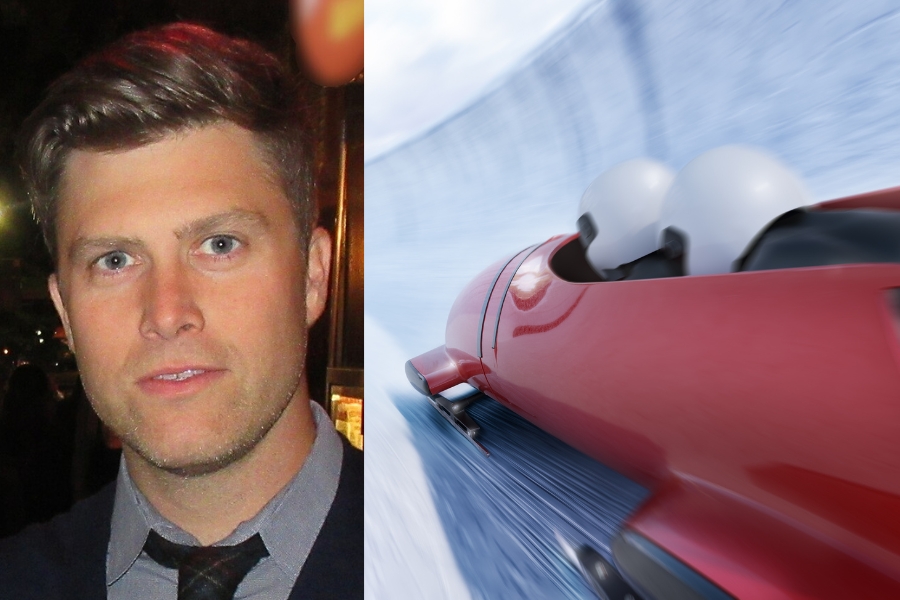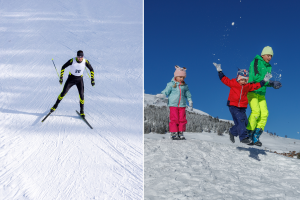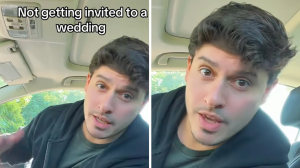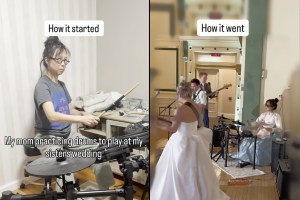The news of a beloved, long-standing camp for sick kids closing its doors may sound like a sad announcement, but in the case of Camp Heartland in northern Minnesota, it’s a positive one. The camp, which has been operating for 31 years, served as a vital safe space for kids with HIV/AIDS, but now the need has all but vanished due to incredible advancements in HIV treatment and prevention.
Neil Willenson, who founded the camp as a college student in the early 90s, calls the massive turnaround in mother-to-child HIV transmission a “medical miracle.” The year the camp started, 1,630 children were born with HIV, he told Minnesota Public Radio. Today, that annual statistic has dwindled to a handful.
The camp was founded as a haven for kids living with HIV/AIDS at a time when people were afraid to be near them, providing a place where they wouldn’t face discrimination and could enjoy social activities freely. It gave them an opportunity to share their experiences openly and connect with other kids who understood their lives because they shared the same concerns and challenges.
Before the development of effective antiretroviral drugs, HIV/AIDS was a terrifying diagnosis. Willenson said they lost five or six kids a year to the disease in the camp’s early years. “We served 6,000 children affected by AIDS,” Willenson said. “The losses were profound…we lost 150 kids that I know of.”
The ashes of Chris Edwards, a 12-year-old who died of HIV-related causes in 1999, are scattered at the camp. His brother, Dylan, who attended the camp with his brother for years and who also lost both of his parents to the disease, told the Star Tribune that the facility closing is “a heartbreaker.”
“But the purpose of the camp was for sick kids,” he acknowledged. Now there are so few kids sick with HIV that the camp is no longer needed. “It’s hard to feel bad about that.”
Willenson founded Camp Heartland after reading about a 5-year-old boy living with HIV in the Milwaukee area who was discriminated against and isolated at his school. At that time, fear and prejudice surrounded people living with HIV/AIDS.
“This is in 1991,” Willenson told MPR. “So this is the era—we can’t always reflect on this now. You don’t really understand the discrimination now. There’s a little bit, but back then it was fierce. You had Ryan White driven out of school, and the Ray brothers had their house firebombed not because they did anything wrong. They were living with HIV.”
Willenson got to know the family of the boy and figured he could make a difference with his background as a camp counselor. So in 1993, he launched the Camp Heartland Project, which he thought would be a one-time, one-week camp for kids living with HIV/AIDS. His plan was to go to Hollywood to be an actor and that this camp project would just be a one-off.
But then, about halfway through the week, a “little guy” named Ryan changed everything. During a candlelight ceremony around the campfire, the counselors asked the kids to share what was in their heart. Ryan took the candle and shared that it was the best week of his life. He hadn’t even attended very much of the camp, as he had been recovering from pneumocystis pneumonia and had been in the infirmary (which they called “Club Meds”) most of the week.
“He missed most of the activities, yet this was his best week,” Willenson told MPR. “And it wasn’t because of the activities. It was because it was an environment of unconditional love and acceptance. So the moment I heard that—and other college aged volunteers—we rolled up our sleeves and said, we have to make this a bigger national charity. And we did last for 30 years. It was a tremendous, tremendous run.”
Willenson retired from Camp Heartland in 2010 and now serves as CEO of Big Brothers, Big Sisters of Metro Milwaukee. He shared in a post on Facebook that the closing of the camp was “bittersweet”—sweet because “mother to child transmission of HIV has virtually been eliminated in the United States in recent years” and bitter because “One Heartland was still serving a number of children and teenagers who experienced adversity and hardship.” As the numbers of kids with HIV has fallen, the organization behind the camp, One Heartland, had opened camps for kids with diabetes, kids who were homeless, LGBTQ+ kids and others who shared common challenges and experiences.
The organization’s hope is that the camp will be sold to another child-oriented camp. Willenson says his “strongest hope and prayer” that whoever purchases the property will preserve the Honor Garden where several of the camp’s previous attendees have their remains .

